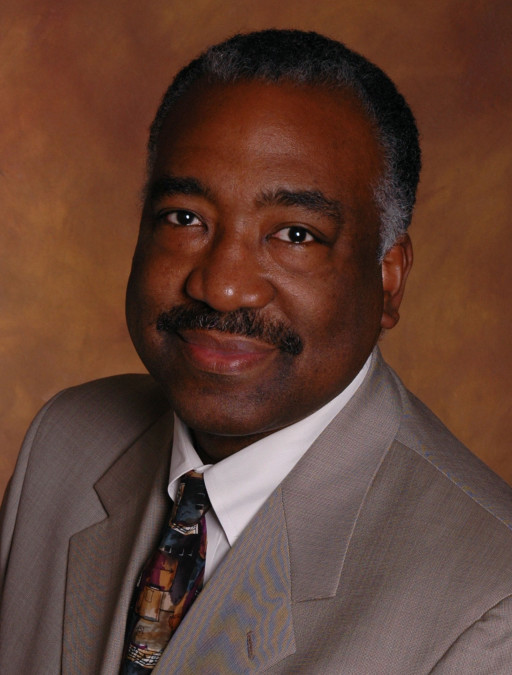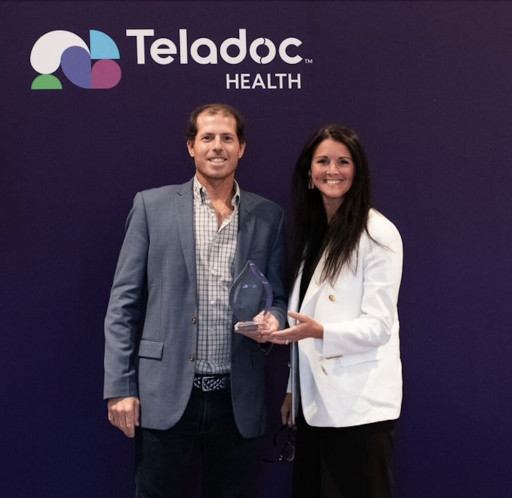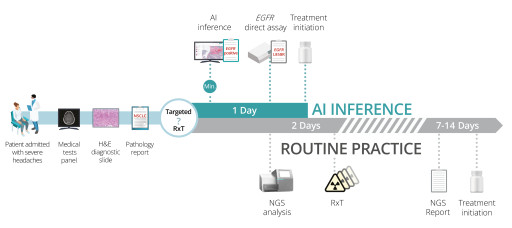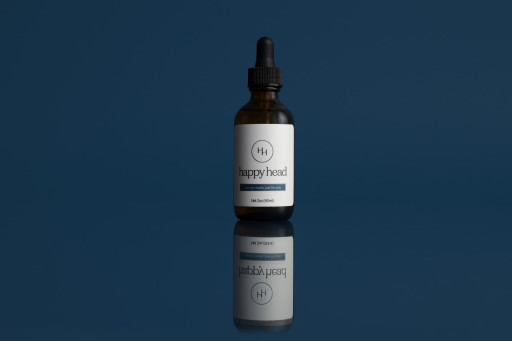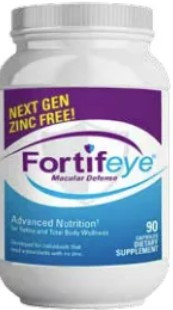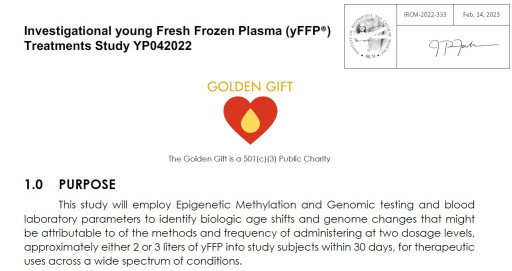
Investigational young Fresh Frozen Plasma (yFFP®) Treatments Study YP042022 IRCM-2022-333
HOUSTON, July 25, 2023 (Newswire.com)
–
Golden Gift, a 501(c)(3) nonprofit organization in support of the therapeutic use of blood plasma from young donors in treating age-related conditions, has shared an early announcement of significantly beneficial clinical trial evidence for Fresh Frozen Plasma (yFFP) Treatments. Chronic conditions developing in our aging population are now currently accounting for 90% of the United States’ health care costs. A frightening fact for the youth of our country is that health care expenses for these patients are expected to reach $5 trillion by 2025. Who will pay for it? Band-aid medication is not the answer. In fact, the greatest risk factor for disease is the degeneration of the body that develops as we age. The real resolution of age-associated diseases arises from insights into understanding and supporting the fundamental biology of age changes.
All animate and inanimate matter have the same universal molecular etiology. The science of physics indicates that genes do not drive the aging process, but the general loss of molecular organization does. Every organ and blood vessel in our body as we undergo our basic metabolism, replacement, and repair, experiences a movement towards spreading out or loss of energy. For example, hot coffee gets cold, balls roll down hill and 3-dimensional complex molecules cannot be created with accuracy indefinitely. Therefore, large organs and metabolic functions fail, and can no longer support the existence of the organism.
Age changes occur in every multicellular animal. As the system starts to lose the ability to create complex matricellular proteins, non-structural proteins that support cell function, it begins losing the ability to ‘run the system’ – your body. Longevity is determined by the ability to maintain the potential energetics of all molecules.
How long can one continue to make the necessary complex structures as the laws of physics work to break us down? Waves of changes in the dysfunctional proteome of the blood in the fourth, seventh, and eighth decades of life reflect this degeneration: https://pubmed.ncbi.nlm.nih.gov/31806903. As less optimal complex usable proteins begin to circulate through the blood stream, the body becomes less efficient and as a result, we age, and we get sick: https://pubmed.ncbi.nlm.nih.gov/31932806.
The removal of old cells and other debris, such as through the apheresis process, may in-fact, slow degeneration, and create some immune modulation, and cell stimulation. Everyone can use modalities of calorie restriction, exercise, and supplements to enhance the functions of their cells. However due to the Second Law of Thermodynamics, eventually complex molecules within the milieu cannot be produced any longer and must be replaced:
https://nyaspubs.onlinelibrary.wiley.com/doi/abs/10.1196/annals.1395.001
Young blood plasma, collected from sex-identified individuals between the ages of 18 – 25, reverses age-related profiles and initiates systemic rejuvenation by introducing 10K proteins, 5K peptides, 45 cytokines, 50 sex matched hormones and 1.84 billion exosomes per ml, along with minerals and gut microbiota metabolites from healthy volunteer donors at the peak of their reproductive maturity. What your body can no longer make, you can replace and really slow the aging process, enhance fitness, and ward off disease.
This concept is illustrated in patients with cardiac disease. Those with heart failure will produce higher levels of BNP (brain natriuretic peptide) due to the stress on the muscle and overall cardiac function. A 79-year-old male had his BNP drop from over 1,300 pg/ml to 705 pg/ml after a 2-liter exchange, and a 71-year-old male with severe heart failure saw his BNP drop from 6,800 pg/ml to 715 pg/ml with 1-liter of his old plasma out, and 3-liters from young donors in, over two days.
Aging is now understood as a gradual, progressive deterioration simultaneously affecting different organ systems. Those with a faster ‘Pace of Aging’ tend to experience more rapid aging-related declines in physical and cognitive functions, have a higher predisposition to disease, and an accelerated time to death. We call these epigenetic changes. “Genetics loads the gun, but environment shoots it.”
Evidence suggests that interventions to slow Pace of Aging will slow the progression to disease development and works to extend health/life span. The DunedinPACE is a highly accurate and reliable single-time-point measure of methylation that quantifies an individual’s Pace of Aging by evaluating their present state health to different biological processes of a population that was followed for age changing markers over time.
Epigenetic changes that slow aging are difficult to realize and maintain. Prolonged significant calorie restriction was shown to reduce DunedinPACE by only 2-3% after two years: https://doi.org/10.1038/s43587-022-00357-y. Clearly, an overall healthy exercise plan as part of anyone’s lifestyle has also been proven to reduce the rate of aging. However, due to the laws of physics, interventions without adding young molecules only work to a point.
A DunedinPACE of 1 was established to reference an average rate of 1 year of biological aging per year of chronological aging. Among Dunedin Study participants, the range of values extends from just above 0.6 (indicating an aging rate nearly 40 percent slower than the norm) to nearly 1.4 (indicating an aging rate 40 percent faster than the norm).
Sensitive to all interventions, the DunedinPACE very importantly allows testing of treatments intended to extend health span and lifespan in humans. For example, a 67-year-old male participating in our study with Parkinson’s disease received 2.5-liters of young Fresh Frozen Plasma (yFFP) through three exchanges within thirty days. In four months, his DunedinPACE was reduced by 18% to 0.82.
A similarly significant outcome was realized in four months by a 78-year-old female with a family history and personal signs of dementia. She received 1.8-liters of young plasma in two-infusions, reducing her DunedinPACE by 17% to 0.78.
Making an early announcement of significantly beneficial clinical trial documentation from an ongoing study is important from many viewpoints: clinicians practicing evidence-based medicine; future patients to whom the studies apply; patients currently participating in clinical trials; and scientists, investigators, and regulators who strive to balance continuing studies with disseminating data in confirmation of therapeutic advances as quickly as is reasonable.
Our Investigational young Fresh Frozen Plasma (yFFP) Treatments Study continues to treat patients in the major cities in Texas by more than a dozen IRB-registered Co-Investigators. Additional outcomes will be presented at RAADfest in September and at the A4M World Congress in December.
https://www.youngplasmastudy.com
https://www.youtube.com/@dianginsbergmd-optimalhealth
All research in the United States involving human subjects must be reviewed by an Institutional Review Board (IRB), unless specifically exempted by a federal regulation. Review boards protect the rights, privacy, and health of the research subjects in determining research will be conducted in a safe and ethical manner.
The Institute of Regenerative and Cellular Medicine
Barbara Krutchkoff, PhD., Executive Director
[email protected] / Phone: (888) 664-8893
IRB Registration Number: IRB00009500
IRB Parent/Organization Number: IORG0007913
Contact Information:
Dian Ginsberg, MD
Principle Investigator
[email protected]
(281) 569-4289
Related Files
Golden Gift Parkinson’s Disease study.pdf
Ginsberg YP042022v2 9.31.22 Approval.pdf
Original Source:
Early Announcement of Significantly Beneficial Clinical Trial Evidence From Young Blood Plasma Treatments

The post Early Announcement of Significantly Beneficial Clinical Trial Evidence From Young Blood Plasma Treatments first appeared on Enrose Magazine.
Continue Reading
